
Postdoc@Kishony Lab, Technion
previously
@BIU, Institut Pasteur
@Learning Planet Institute
@Shore Lab, University of Geneva
@LostInTranscrip on Twitter
Many thanks to everyone involved!
We made a short video summarising our findings:
youtu.be/liJmZ51_Oxg

Excited to share our platform for mutational scanning at endogenous loci in yeast (no ectopic expression needed!)
doi.org/10.1101/2025...

Excited to share our platform for mutational scanning at endogenous loci in yeast (no ectopic expression needed!)
doi.org/10.1101/2025...
In our new preprint, @martinadalbello.bsky.social, Jeff Gore and I studied the impact of salinity on microbial community composition and function. 🧵 (1/5)
www.biorxiv.org/content/10.1...

In our new preprint, @martinadalbello.bsky.social, Jeff Gore and I studied the impact of salinity on microbial community composition and function. 🧵 (1/5)
www.biorxiv.org/content/10.1...
There’s a beautiful irony that all of our technologies rely on a phenomenon that fundamentally can’t be controlled.
There’s a beautiful irony that all of our technologies rely on a phenomenon that fundamentally can’t be controlled.
mikeblazanin.github.io/gcplyr/
mikeblazanin.github.io/gcplyr/
Our latest paper on the rare CF pathogen B. dolosa -- a great collaboration with folks I've worked with since my PhD and led by Alex Poret -- adds to the evidence that reversions are likely in large populations.
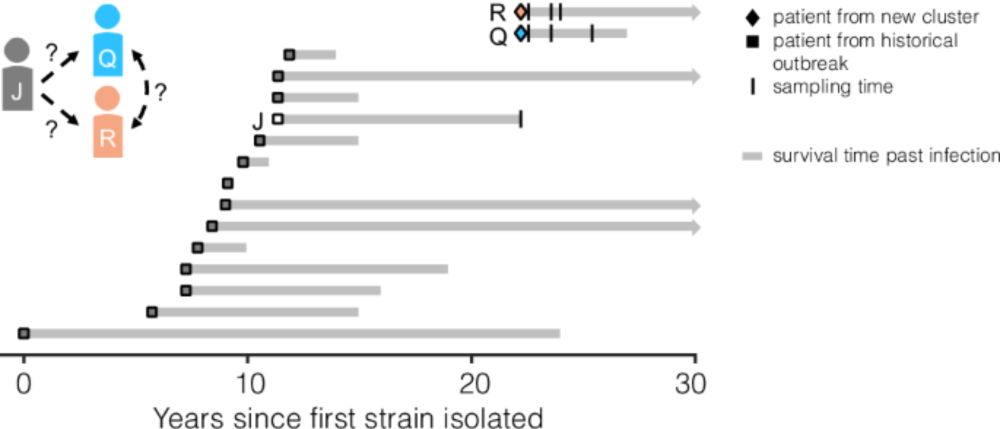
Our latest paper on the rare CF pathogen B. dolosa -- a great collaboration with folks I've worked with since my PhD and led by Alex Poret -- adds to the evidence that reversions are likely in large populations.
Our latest research is out @nature.com: We show that non-antibiotic drugs can disrupt colonization resistance, raising the risk of enteric infections.
rdcu.be/ewwrG
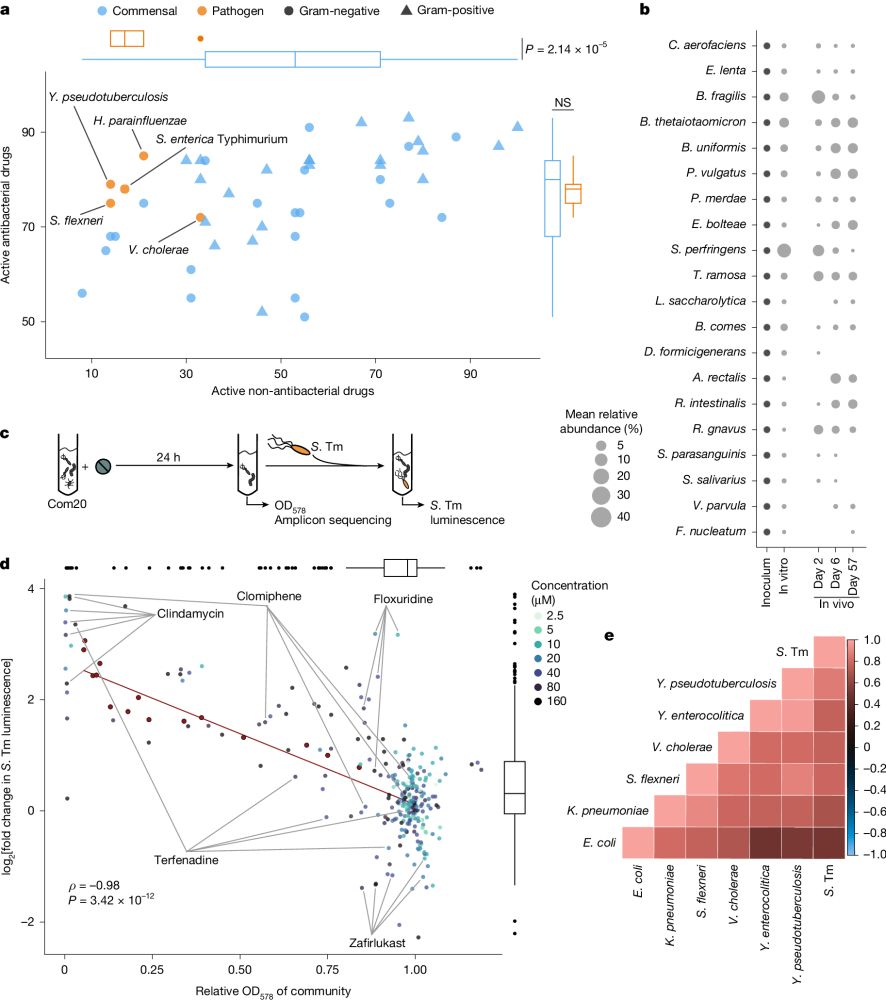
Our latest research is out @nature.com: We show that non-antibiotic drugs can disrupt colonization resistance, raising the risk of enteric infections.
rdcu.be/ewwrG
www.nature.com/articles/s41...
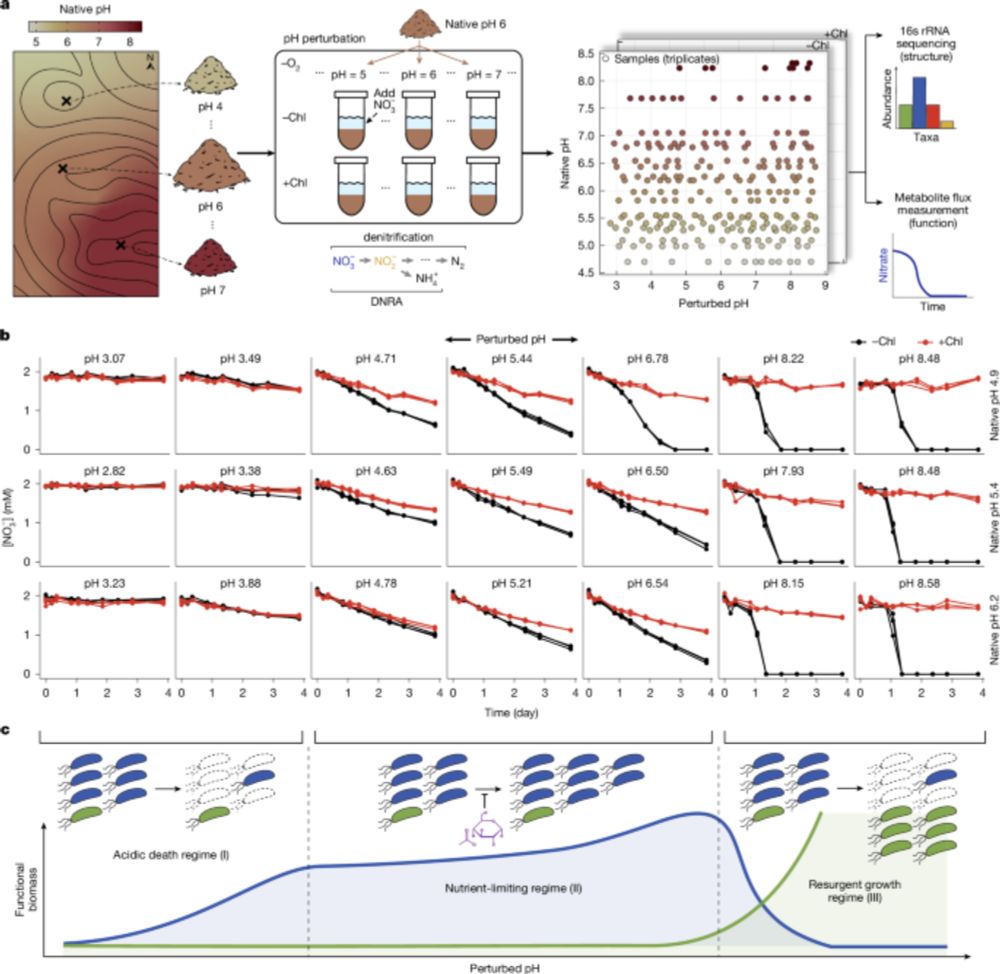
www.nature.com/articles/s41...
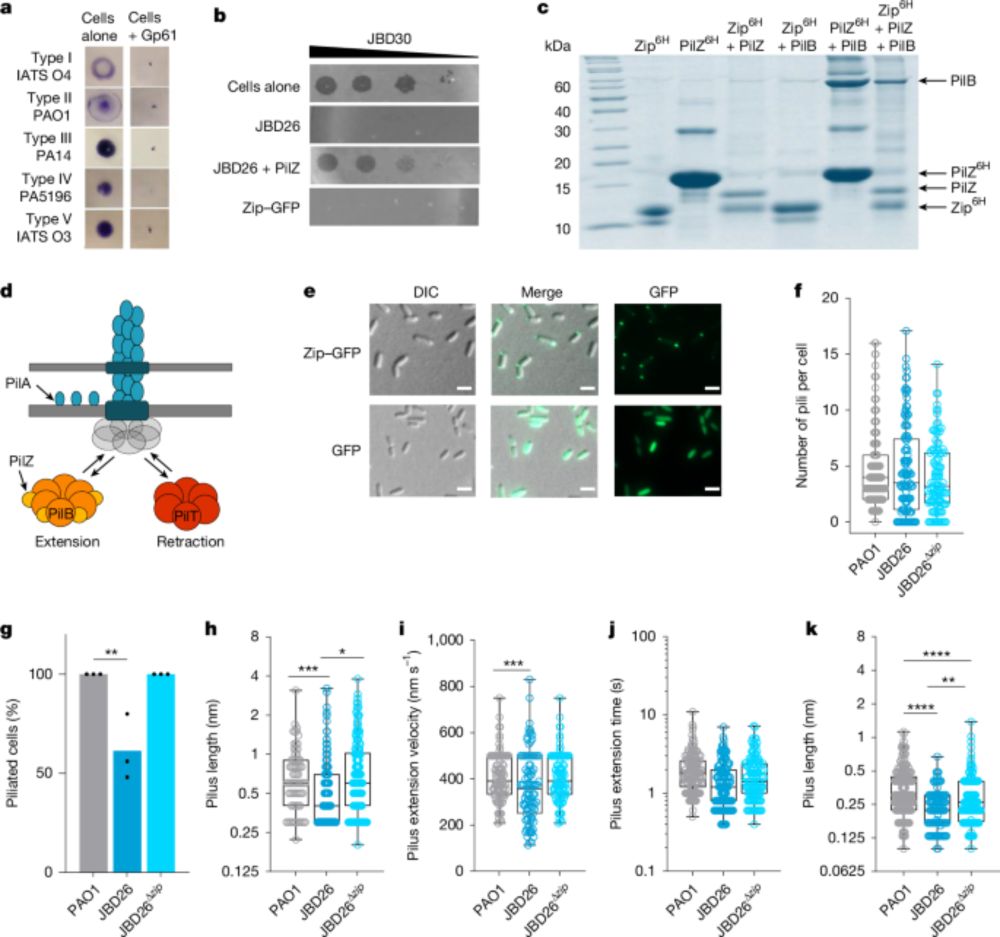
As a consequence, geneticists described evolution simply as a change in gene frequencies in populations, totally ignoring the fact that evolution consists of the two simultaneous but quite separate phenomena of adaptation and diversification.
Ernst Mayr
As a consequence, geneticists described evolution simply as a change in gene frequencies in populations, totally ignoring the fact that evolution consists of the two simultaneous but quite separate phenomena of adaptation and diversification.
Ernst Mayr
#JackWhitten #moma



#JackWhitten #moma
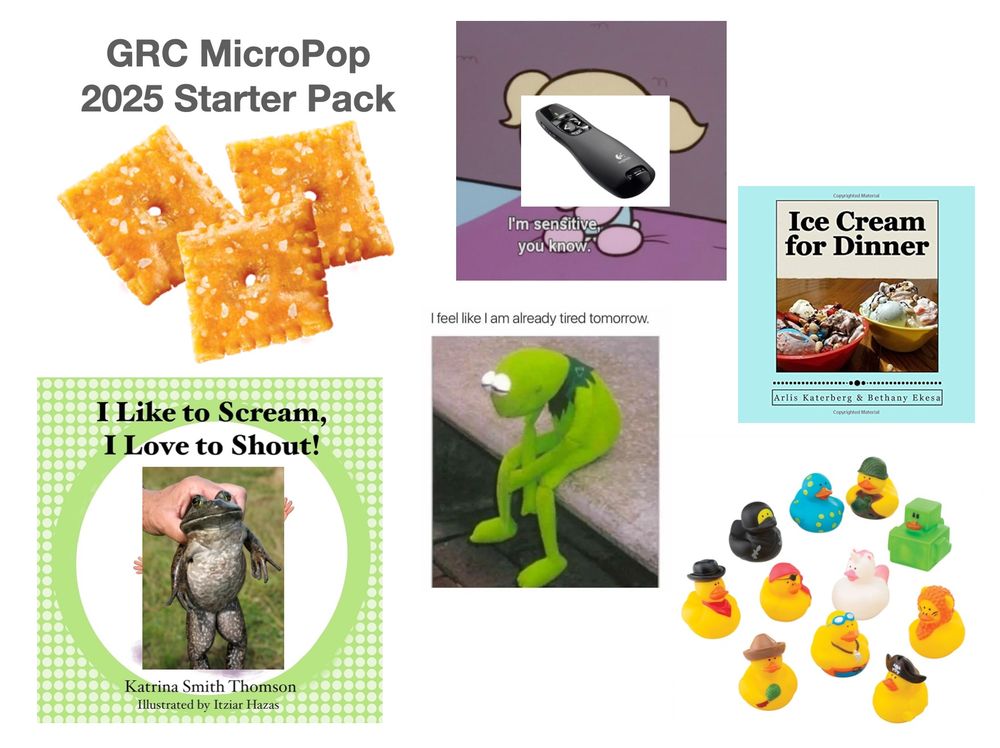
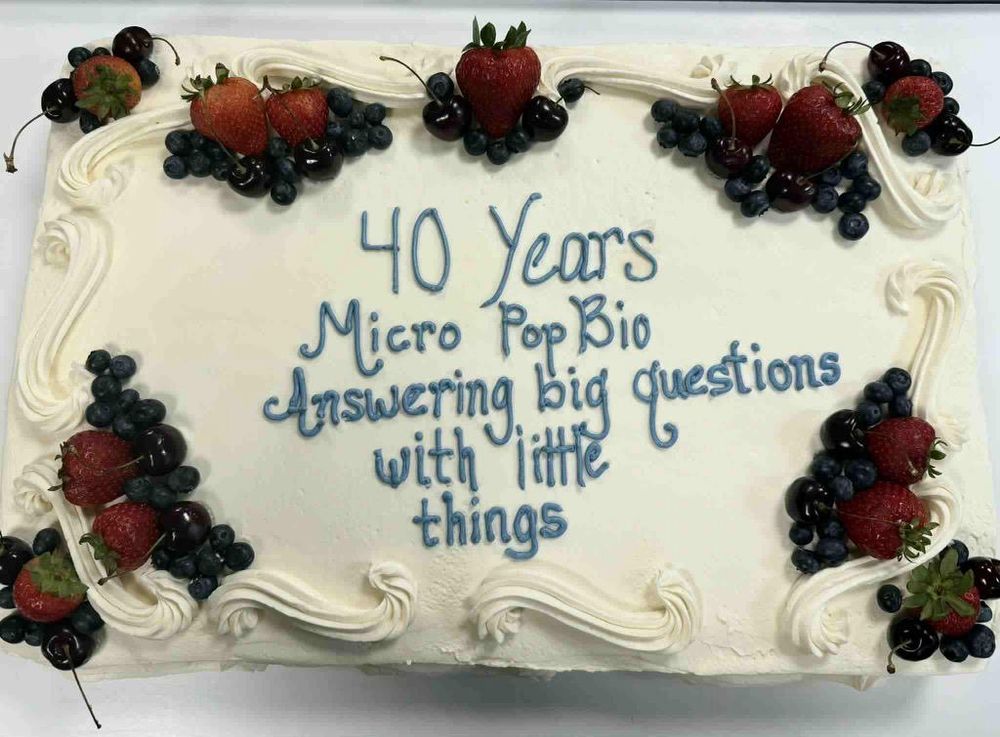





github.com/Technion-Kis...
To see how it works. check out our paper in NEJM AI, describing our "data-to-paper" platform: ai.nejm.org/doi/full/10....
#GenAI #LLMs #LLM

github.com/Technion-Kis...
To see how it works. check out our paper in NEJM AI, describing our "data-to-paper" platform: ai.nejm.org/doi/full/10....
#GenAI #LLMs #LLM
Autonomously analyzes data & writes human-verifiable papers.
+Fun AI-human copiloting!
with the amazing Tal Ifargan & Roy Kishony (not on 🦋 yet)
ai.nejm.org/doi/full/10....
Try it out:
github.com/Technion-Kis...

Autonomously analyzes data & writes human-verifiable papers.
+Fun AI-human copiloting!
with the amazing Tal Ifargan & Roy Kishony (not on 🦋 yet)
ai.nejm.org/doi/full/10....
Try it out:
github.com/Technion-Kis...
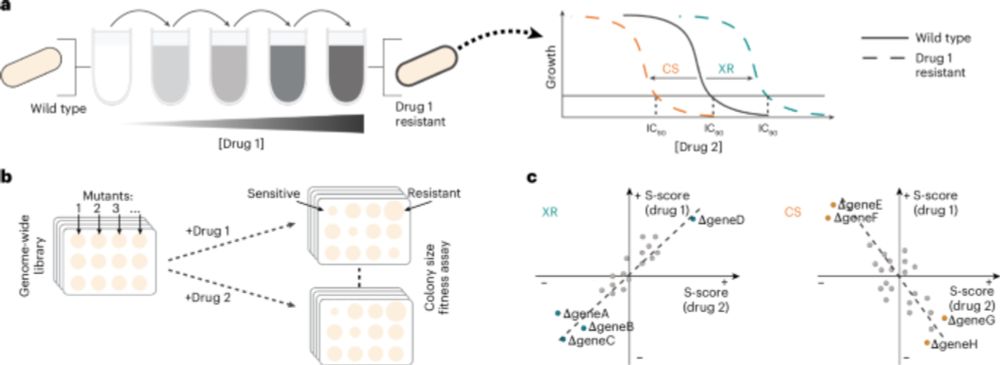
www.nature.com/articles/s41...
@biupasteur.bsky.social

www.nature.com/articles/s41...
@biupasteur.bsky.social
@naturemicrobiol.bsky.social, explaining what drives virulence heterogeneity in Listeria monocytogenes!
@lukashafner.bsky.social
@biupasteur.bsky.social
www.nature.com/articles/s41...

@naturemicrobiol.bsky.social, explaining what drives virulence heterogeneity in Listeria monocytogenes!
@lukashafner.bsky.social
@biupasteur.bsky.social
www.nature.com/articles/s41...
Many thanks to everyone involved!
We made a short video summarising our findings:
youtu.be/liJmZ51_Oxg
Many thanks to everyone involved!
We made a short video summarising our findings:
youtu.be/liJmZ51_Oxg

